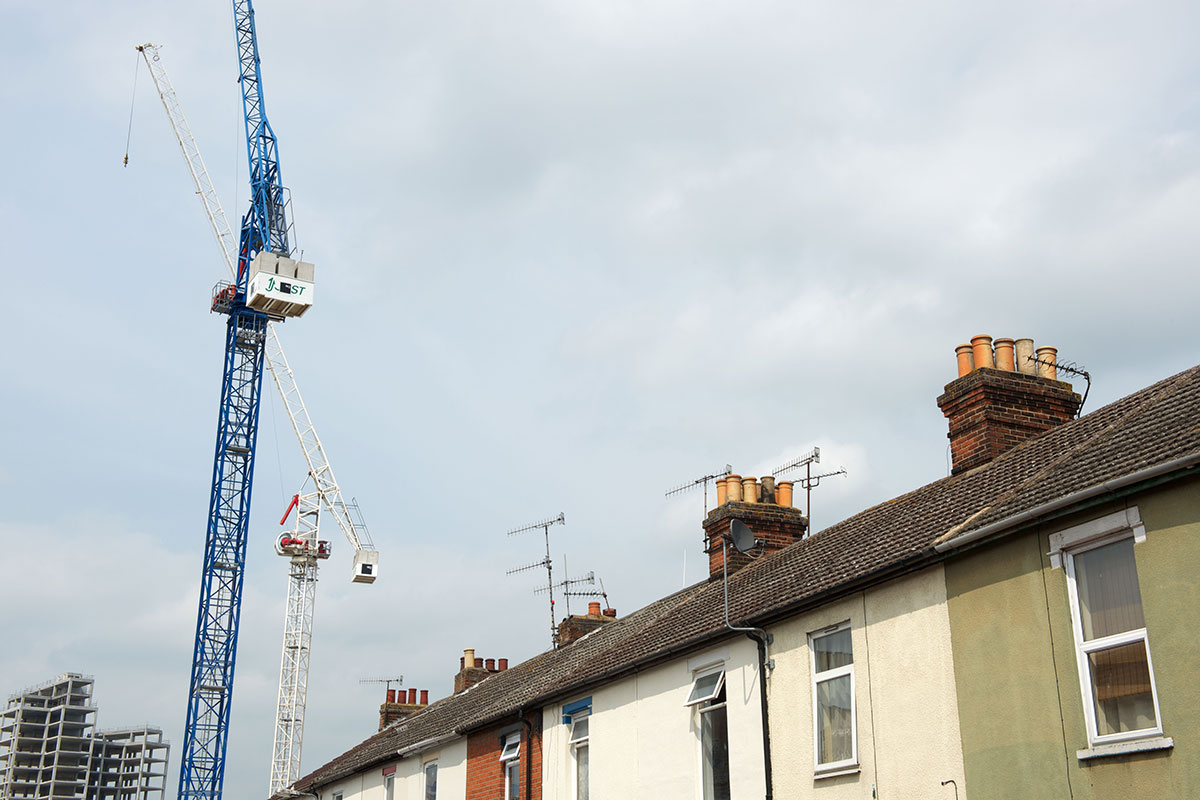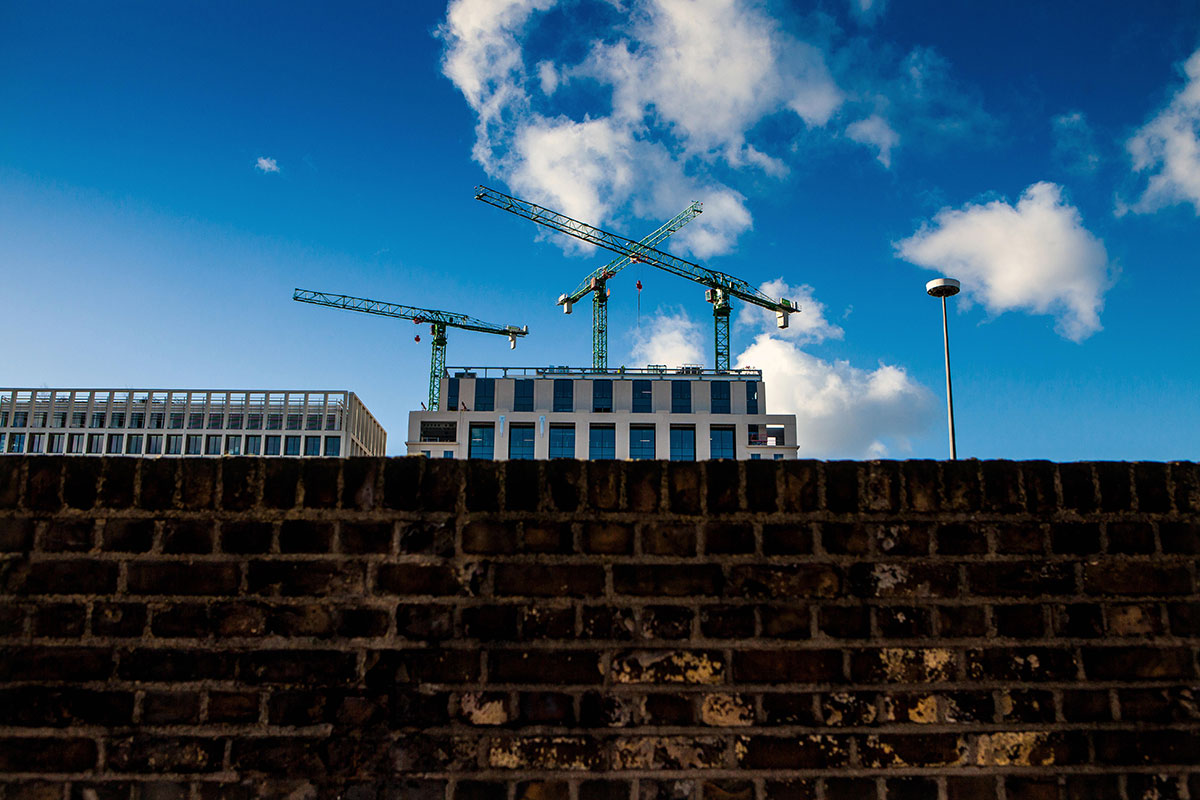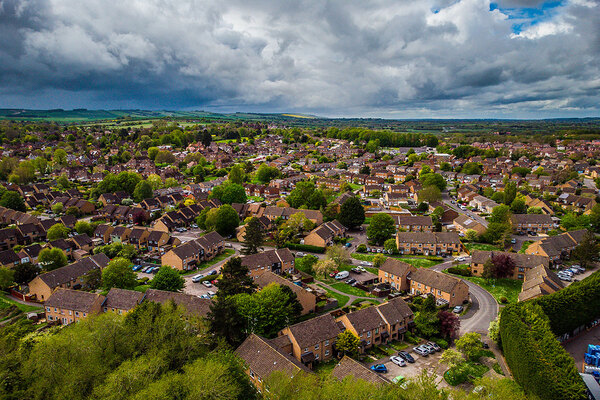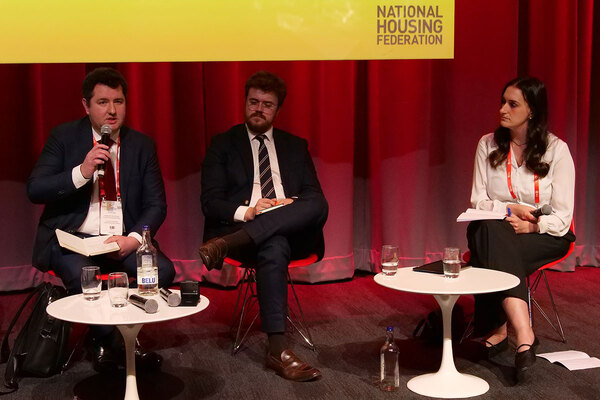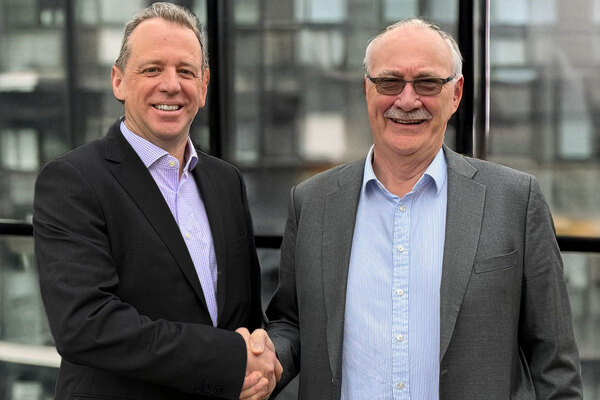Southern to reduce development amid ‘universally increasing costs’
Southern Housing is reducing new development to build financial resilience and focus on its existing stock.
The group’s plan to reduce the rate at which it commits to new development came as unaudited results for the year to 31 March showed a slight fall in surplus as a result of merger costs and a difficult operating environment.
On 16 December, Optivo and Southern Housing Group legally completed their partnership after the relevant consents were received.
In its trading update for the year ending March 2023, the new combined group, Southern, posted an unaudited year-end surplus of £73m. This is lower than the proforma figure of £77m in 2021-22 (prepared by combining the two legacy groups’ audited financial statements).
The 77,000-home housing association posted an unaudited operating surplus of £135m, a drop from the £168m proforma figure last year, while its turnover rose to £644m, from £592m.
The G15 landlord’s operating margin fell from 20 per cent to 14 per cent over the same period. It said the impact of inflation on operating costs, higher asset management costs and merger implementation costs reduced its operating margin this year.
Sarah Smith, chief financial officer at Southern, said: “This is partly because of impairment provisions, year one merger costs including due diligence and professional fees before merger, writing off the two previous organisations’ legacy capitalised loan set-up fees at the point of merger and one-off integration costs after merger. These adverse movements were offset by fair value gains on financial instruments.
“It also reflects a difficult operating environment with actual cost inflation exceeding CPI-linked income growth, slow open market sales countering good shared ownership sales, especially after the October Mini Budget, rising interest rates on the small portion of our debt portfolio that’s not fixed, and property impairment provisions.”
Ms Smith said Southern’s shared ownership sales remained good, but open market sales have been slower.
The housing association’s open market sales fell from 45 on a proforma basis to 40, countering shared ownership first tranche sales rising from 238 to 257. The landlord’s initial sales surplus exceeded its budgeted expectations by £6.9m.
Southern said the increase in the number of its unsold homes in excess of six months old is due to the withdrawal of Help to Buy and uncertainty in the market around interest rates and the impact of cost of living increases.
“Property fixed-asset disposals have been challenging, especially in the London market,” Ms Smith said.
Void turnaround times have held steady through the merger period, but arrears have risen slightly from 4.4 to 4.7 per cent. Southern has increased its discretionary hardship fund to support residents facing cost of living challenges from £1.5m to £2m in 2023-24.
Development
Southern said its revenue rose as a result of the group delivering new homes, despite construction delays, with the housing association completing 1,178 homes last year against a target of 1,704. Of these, 642 are for rent, 454 are for shared ownership and 82 are for open market sale. Southern also has 3,936 homes in contract at the balance sheet date, up from 3,605 last year.
The G15 landlord’s 2022-23 unaudited results include impairments of £28m across eight sites. The provision made covers a land site held ahead of development where values have fallen, four schemes where sales values have been impacted by current market conditions and one site Southern anticipates will be subject to redevelopment.
Southern said: “While development activity has been somewhat hampered by material and labour shortages, as well as cost increases putting suppliers under pressure, we have been completing projects and making new properties available for rent and sale.”
Southern said cost pressures and rising stock investment needs continue to squeeze its margins.
The landlord said that in future it will have to move funds that were set aside for new developments to invest in its existing stock. Southern said it continues to keep a “strong focus” on all aspects of maintenance expenditure.
The group said its first new post-merger financial plan has increased allowance for future building safety and decarbonisation costs, as well as catch-up works to improve stock condition.
Southern said: “We set our financial risk appetite metrics at merger, and we’re committed to staying within them. When we look at these against the backdrop of universally increasing costs we face inevitable compromises.
“So, until we see compensating increases in grant availability across a range of housing activities, or a significant fall in land prices, some financial capacity we had previously set aside for building new social housing must now instead go to investing in our core housing stock. Regrettably this comes at the cost of growth.”
This is reflected in the group’s approach to development, with a plan to pull back from new opportunities, as part of measures to ensure financial resilience.
“While remaining firm in delivering all our existing commitments, we’re significantly reducing the rate at which we’ll commit to new developments,” the update said.
Liquidity and financial resilience
Southern said that as a result of “prudent liquidity management and supportive lenders” through its merger process last year, it now has “ample” liquidity.
The group has more than £1.5bn of its own-name bonds in issue, with maturities out to 2048 and £68.5m of 2035 maturity retained bonds and £50m of 2036 maturity retained bonds available to sell in the future.
“Now with a reducing rate of future development commitments, we are reviewing our overall liquidity level,” Southern said. “At present our committed liquidity far exceeds our future requirements.”
Southern said that while its lender financial covenants are “comfortable”, and its liquidity is “strong”, it has chosen to build its financial resilience further to withstand future uncertainties.
This includes the reduction in development, as well as an acceleration in its approach to divesting assets.
“We will increase the rate at which we dispose of homes that are no longer suited to our rental portfolio needs,” it said.
Southern also plans to save £19.4m over the next three years through identified post-merger efficiency and then a further £14m by 2028-29, reducing costs by five per cent.
Southern said: “Implementing this financial resilience plan will support our strategic ambition to put residents at the heart of everything we do, to maintain safe assets which are good to live in, and to be a top performer amongst our peers for resident satisfaction.”
Sign up for Social Housing’s weekly news bulletin
Social Housing’s weekly news bulletin delivers the latest news and insight across finance and funding, regulation and governance, policy and strategy, straight to your inbox. Meanwhile, news alerts bring you the biggest stories as they land.
Already have an account? Click here to manage your newsletters.
RELATED
